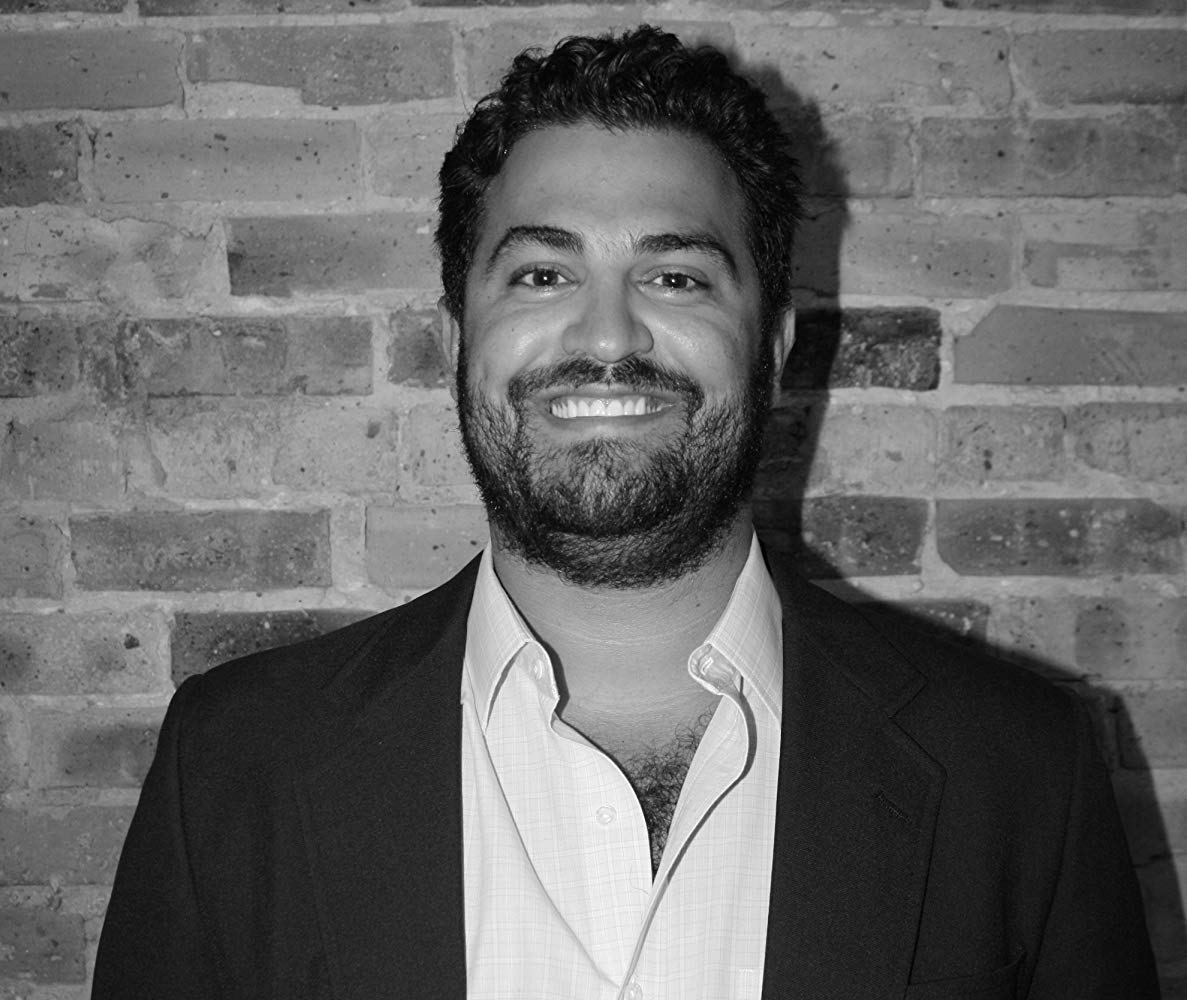From studying at Duke to working on the floor of the Chicago Board of Trade, Steven Galanis has been over the career landscape. He’s produced movies and started companies. Now? He connects people as the Co-Founder & CEO of Cameo, a marketplace where fans can book personalized video shout-outs from their favorite people. “I’ve always been an entrepreneur. I think if you talk to anybody that’s known me my whole life, I always had a side hustle, no matter what it was. Not many people are surprised.”
The idea for Cameo came to him years ago, when his experiences working with celebreties and finance all came together as a spark. “I had a stint at LinkedIn for two years, which was probably the formative professional experience of my life. And I was at LinkedIn until I could not stop thinking about the idea of Cameo anymore. I put my next play note out there on Linkedin and dove all in.”
And diving all in has paid off. Cameo was listed as “50 Genius Companies of 2018” by Time Magazine. The idea of creating a company where people can work hard and rise up was a dream born from his time on the trading floor, where talent and ambition seemed to have little to do with success: “It was all about how long you’d been there and how well you knew these guys. I never really believed that the best people could rise to the top, so much was about being given that opportunity. And I loved the guys that I worked for, but our firm was all friends, and friends and family, that’s basically how you got hired there. You might be sitting behind somebody’s brother, you might be sitting behind somebody that somebody else played hockey with that wasn’t as good or a smart as you, but you were held back based on hierarchy, so for me, when I built Cameo, I never wanted anybody to worry about what your last name was, or I never wanted anyone to worry about where you went to school or how you got there. It was all about, what you did once you got here.”
He’s done things different at Cameo. “Martin was a movie producer and NFL agent, Devon, our CTO and Head of Product was a Microsoft engineer turned Vine star, and I’m our marketplace guy and our pricing guy and our options trader and our entrepreneur and our business person, it was really in many ways, the perfect team to attack this problem, because if Devon was a bigger Vine star, he’d be too cool for school and he wouldn’t have built Cameo. If Martin was a bigger NFL agent, this would have been so below him, so we all had good exposure to contacts and had a right to play in the space, but if together you put the three of us in, I don’t think there’s a team in the world you could have dreamed up that had the same level of access, urgency and skill and desire to make this happen.”
Since day one, Steven has been very passionate about creating a culture at Cameo that fosters growth and protects the company. “The two most important things really have to do with talent and culture. People are always your most important resource. Your salaries are always the most expensive line item, item on a balance sheet or at least should be in most cases. You win or risk because of the people that you bring in. One thing about talent, especially hypergrowth, is there’s just these certain points where everything breaks down, and for us we found 40 to be one of those really… 10 was a challenge and then getting to about forty was a challenge and the one hundred is presenting an entirely new challenge where suddenly we need things like HR, we need things like finance, we’ve been able to go without for a while. One thing that I think is super important is that culture is not a static thing and it doesn’t come top down. Culture is something that is changing every time you hire somebody. Literally every time you hire someone the company gets better, or the company gets worse in culture, because within that little pod of eight people that, that person might be working with, if you’re bringing someone in that’s negative, or they’re not a culture fan, or they’re distracting people from their work, you’re actually bringing down the total output of everybody. Harvard released a study recently that said that if you sit within 20 feet of an A+ player, everybody’s productivity increases by 15%, but if you sit within 20 feet of a B player, everybody around them, productivity goes down by 30%. A mediocre person is more costly to everybody else’s productivity than an A+ player is good. One of the things that when you’re growing really quickly, you still have to make sure that everybody’s getting enough TLC that we can develop and also we can evaluate to make sure that, that they’re the right fit. At a company like Cameo, we have hundreds of people applying for every single job that’s open, and it is so costly to not have somebody world-class in every single seat. My job as CEO is to make sure that we’re getting better every single day and that our team understands that as we’re growing, I want to be the worst person that works for the company. I want to make sure that at every single position, we’ve hired somebody better than me.”
To hear more from Steven, listen to the whole interview on our podcast here.


